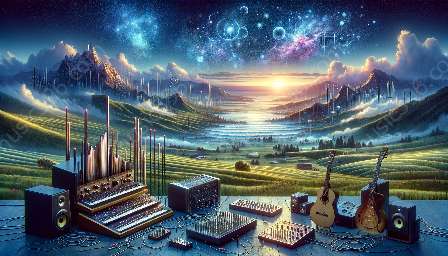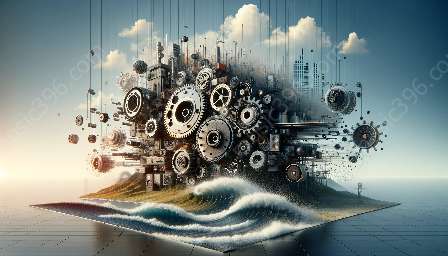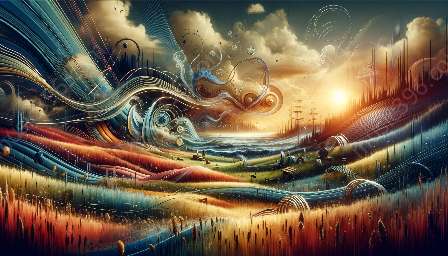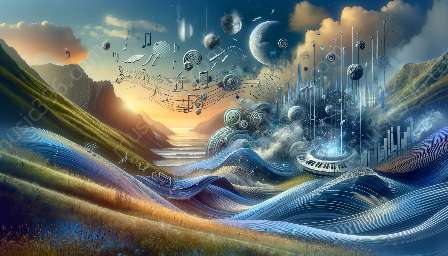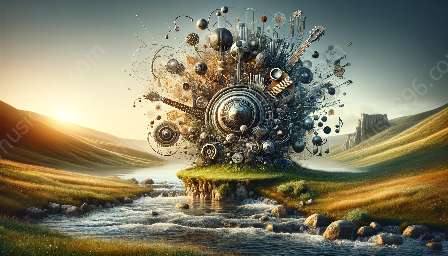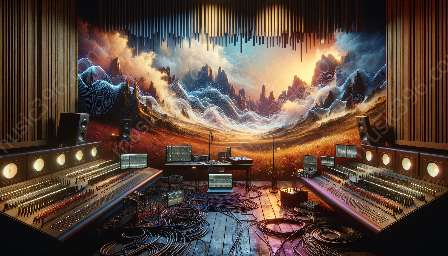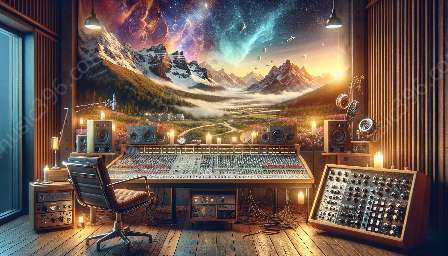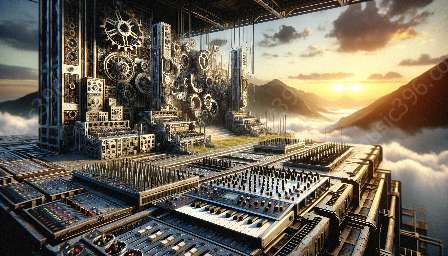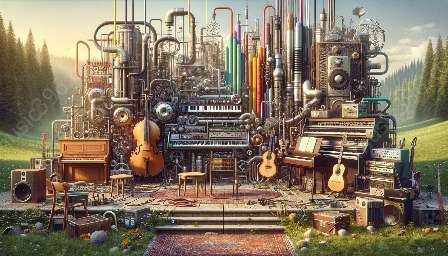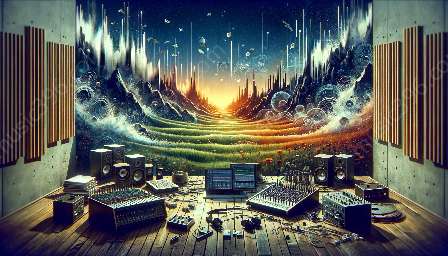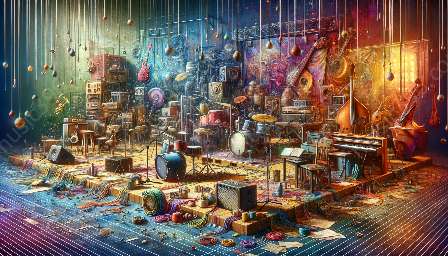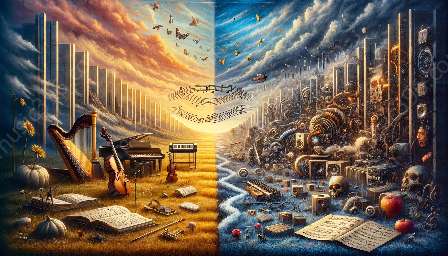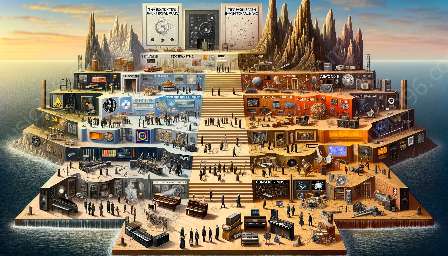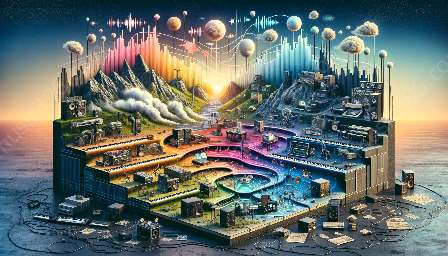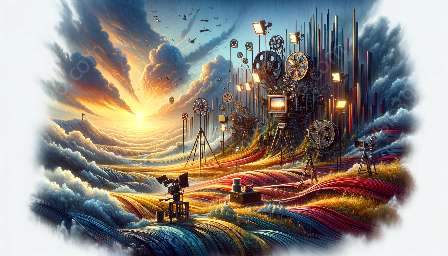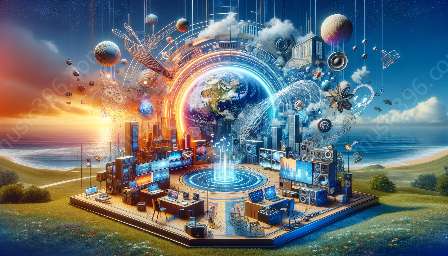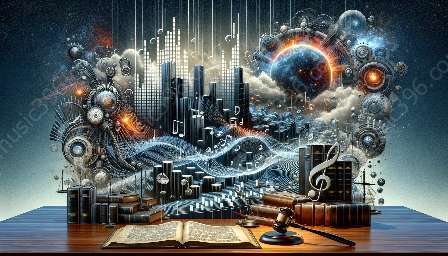As the experimental music genre continues to evolve, it is crucial to understand the intersection of intellectual property law and the rights of experimental musicians. This topic cluster will explore the legal aspects of experimental music improvisation, the rights associated with this genre, and the influence of intellectual property on experimental and industrial music.
The Legal Landscape of Experimental Music Improvisation
Experimental music improvisation pushes the boundaries of traditional musical composition and performance. From free improvisation to algorithmic compositions, experimental musicians often rely on unique and unconventional approaches to create music. However, within the context of intellectual property law, these innovative practices can present complex legal challenges.
One of the key areas of concern is the protection of musical works and performances. While traditional copyright laws offer protection for musical compositions and recordings, the dynamics of improvisation and experimentation in the context of live performances can lead to ambiguity in rights and ownership. This raises questions about how intellectual property laws can effectively safeguard the creative output of experimental musicians while respecting the spontaneity and fluidity of their work.
Rights in Experimental Music
Understanding the rights associated with experimental music is essential for both musicians and legal professionals. The unique nature of experimental music often calls for a nuanced approach to intellectual property rights. For instance, when it comes to live improvisation, the lines between original compositions and derivative works can become blurred, necessitating a careful analysis of copyright and performance rights.
Moreover, the use of unconventional instruments, sonic experimentation, and non-traditional approaches to musical structures can give rise to issues related to patent law and trade secrets. As technology continues to play a significant role in shaping the sounds and processes of experimental music, the protection of technological innovations within this domain becomes increasingly relevant.
Intellectual Property's Influence on Experimental and Industrial Music
The influence of intellectual property extends beyond legal frameworks and directly impacts the creative landscape of experimental and industrial music. This influence can be observed in various aspects, including the innovation of new sound technologies, the sampling and remixing of existing works, and the collaboration between musicians and visual artists.
With the advent of digital music platforms and the ease of access to music production tools, the boundaries of ownership and authorship in experimental and industrial music are constantly being redefined. This evolution underscores the significance of intellectual property in shaping the future of these genres and the broader music industry.




